Learning IoT with Particle Photon and Electron. Develop applications on one of the most popular platforms for IoT using Particle Photon and Electron with this fast-paced guide Rashid Khan, Kajari Ghoshdastidar, Ajith Vasudevan
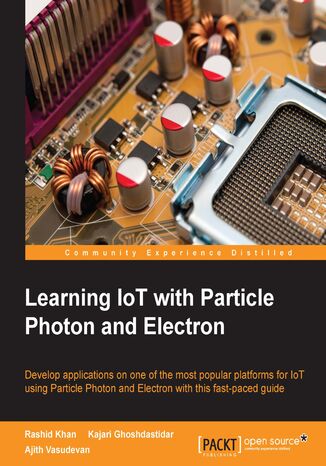

- Autorzy:
- Rashid Khan, Kajari Ghoshdastidar, Ajith Vasudevan
- Wydawnictwo:
- Packt Publishing
- Ocena:
- Stron:
- 136
- Dostępne formaty:
-
PDFePubMobi
Opis
książki
:
Learning IoT with Particle Photon and Electron. Develop applications on one of the most popular platforms for IoT using Particle Photon and Electron with this fast-paced guide
Starting with the basics of programming Particle Photon and Electron, this book will take you through setting up your local servers and running custom firmware, to using the Photon and Electron to program autonomous cars. This book also covers in brief a basic architecture and design of IoT applications. It gives you an overview of the IoT stack. You will also get information on how to debug and troubleshoot Particle Photon and Electron and set up your own debugging framework for any IoT board. Finally, you’ll tinker with the firmware of the Photon and Electron by modifying the existing firmware and deploying them to your boards.
By the end of this book, you should have a fairly good understanding of the IoT ecosystem and you should be able to build standalone projects using your own local server or the Particle Cloud Server.
Wybrane bestsellery
Packt Publishing - inne książki
Dzięki opcji "Druk na żądanie" do sprzedaży wracają tytuły Grupy Helion, które cieszyły sie dużym zainteresowaniem, a których nakład został wyprzedany.
Dla naszych Czytelników wydrukowaliśmy dodatkową pulę egzemplarzy w technice druku cyfrowego.
Co powinieneś wiedzieć o usłudze "Druk na żądanie":
- usługa obejmuje tylko widoczną poniżej listę tytułów, którą na bieżąco aktualizujemy;
- cena książki może być wyższa od początkowej ceny detalicznej, co jest spowodowane kosztami druku cyfrowego (wyższymi niż koszty tradycyjnego druku offsetowego). Obowiązująca cena jest zawsze podawana na stronie WWW książki;
- zawartość książki wraz z dodatkami (płyta CD, DVD) odpowiada jej pierwotnemu wydaniu i jest w pełni komplementarna;
- usługa nie obejmuje książek w kolorze.
Masz pytanie o konkretny tytuł? Napisz do nas: sklep@ebookpoint.pl
Książka drukowana


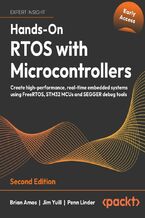


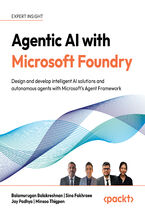
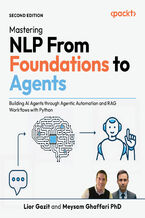

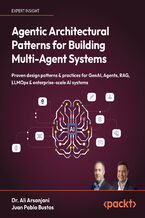

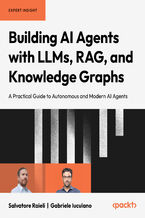
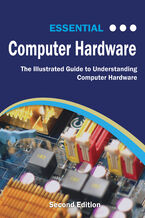
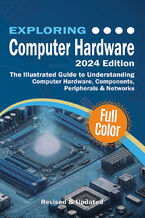






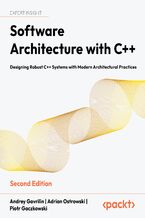
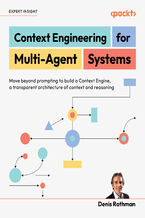

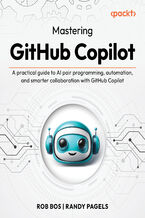
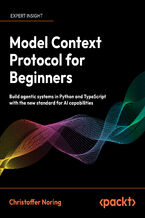
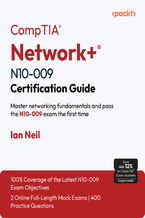
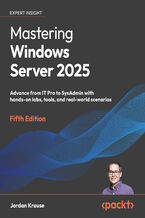
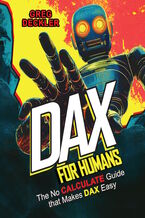
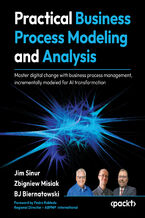
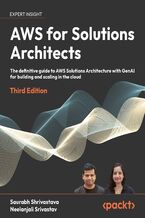
Oceny i opinie klientów: Learning IoT with Particle Photon and Electron. Develop applications on one of the most popular platforms for IoT using Particle Photon and Electron with this fast-paced guide Rashid Khan, Kajari Ghoshdastidar, Ajith Vasudevan
(0)